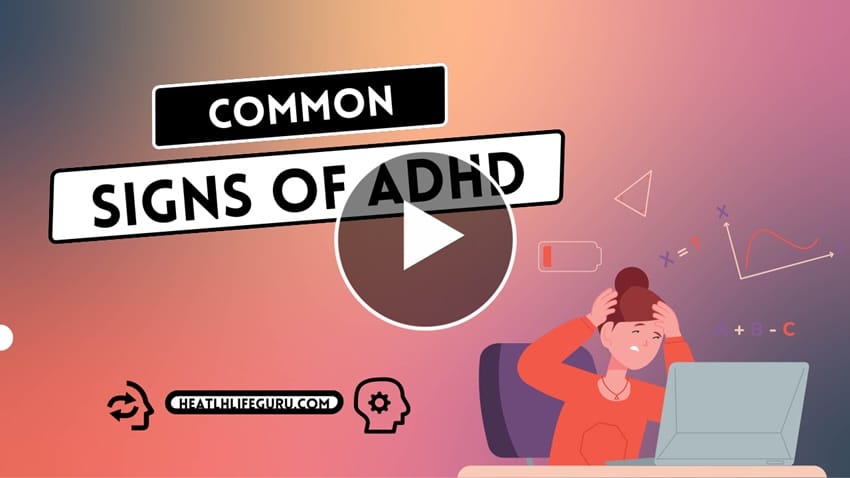Receiving a cancer diagnosis can be a life-altering event, often accompanied by a whirlwind of emotions, questions, and uncertainties. The purpose of this guide is to offer a comprehensive roadmap for navigating the complexities that come with such a diagnosis. From understanding your medical condition to managing emotional well-being, this article aims to cover all the essential aspects you need to consider. You’ll find advice on building a support network, exploring treatment options, and even making lifestyle changes to better cope with the challenges ahead. By the end of this guide, you’ll have a clearer understanding of the steps you can take to manage this difficult period in your life.
Contents
Understanding Your Diagnosis

The moment you hear the word “cancer,” your mind may start racing with questions and concerns. It’s crucial to channel this energy into understanding your diagnosis as accurately as possible. Knowledge is power, especially when it comes to something as serious as cancer. The more you know about your condition, the better equipped you’ll be to make informed decisions about your treatment and lifestyle.
One of the first steps in this journey is to ask your healthcare provider the right questions. What type of cancer do you have? What stage is it at? What are the treatment options? These questions not only help you understand the gravity of your condition but also guide you in planning the next steps. Make sure to take notes during your medical consultations or even consider bringing a loved one along to help you process the information.
Emotional Impact And Mental Health

A cancer diagnosis doesn’t just affect you physically; it takes a significant toll on your emotional and mental well-being. Feelings of shock, anger, and denial are common emotional reactions. These feelings are natural, but if left unaddressed, they can hinder your ability to cope effectively with your diagnosis. Acknowledging these emotions and taking proactive steps to manage them is essential.
One effective way to handle the emotional impact is to seek professional psychological support. Therapists or counselors specialized in dealing with chronic illnesses can provide you with coping mechanisms tailored to your situation. Additionally, talking openly about your feelings can offer a new perspective and help you come to terms with your diagnosis, making it easier to focus on the road to recovery.
Building Your Support Network

No one should have to go through a cancer diagnosis alone. A strong support network can make a world of difference in how you cope with the challenges ahead. Family and friends often want to help but may not know how. Open communication about your needs and feelings can guide them in providing the support you require, whether it’s accompanying you to medical appointments or simply being there to listen.
Beyond your immediate circle, consider joining cancer support groups or online communities. Interacting with people who are going through similar experiences can offer invaluable emotional support and practical advice. These platforms can serve as a safe space to share your fears, hopes, and milestones, enriching your coping strategies and providing a sense of community.
Treatment Options And Planning

Once you have a clear understanding of your diagnosis and have begun to manage its emotional impact, the next step is to explore your treatment options. Treatments for cancer can vary widely depending on the type and stage of the disease. Common options include chemotherapy, radiation therapy, and surgical interventions. Each comes with its own set of benefits, risks, and side effects.
Creating a treatment plan involves collaborative discussions with your healthcare team. This plan will outline the types of treatments you’ll undergo, their sequence, and duration. Having a well-thought-out treatment plan provides a roadmap for your medical journey and gives you a sense of control, making the entire process less overwhelming.
Financial Considerations

Navigating the financial aspects of cancer treatment can be daunting. The costs associated with treatments, medications, and hospital stays can quickly add up, causing additional stress during an already challenging time. It’s crucial to understand the potential financial burden and plan accordingly to avoid any surprises down the line. This involves talking to your healthcare provider about the estimated costs and exploring payment options.
Insurance can play a significant role in mitigating these costs. Familiarize yourself with your insurance coverage and understand what is and isn’t covered under your plan. If insurance falls short, look into financial aid programs or charitable organizations that may be able to assist. Some hospitals also offer payment plans, so don’t hesitate to inquire about these options.
Lifestyle Changes For Better Coping

Your lifestyle choices can significantly impact how well you cope with a cancer diagnosis. A balanced diet rich in nutrients can support your body during treatment and improve your overall well-being. Consult a nutritionist who can guide you in making healthier food choices tailored to your specific needs. Remember, a well-nourished body is better equipped to fight off illness and recover from treatments.
Physical activity is another crucial aspect to consider. While it’s essential to consult your healthcare provider before starting any exercise regimen, moderate physical activity can improve your quality of life during treatment. Exercise releases endorphins, which can help elevate your mood and counteract some of the emotional toll that a cancer diagnosis can take.
Preparing For The Unknown

The journey ahead is filled with uncertainties, and that can be unsettling. Preparing mentally for the unpredictable aspects of cancer treatment and its aftermath can be empowering. This involves setting realistic expectations and being open to adjustments in your treatment plan or lifestyle. Flexibility and adaptability are your allies in this journey.
Legal and ethical preparations are also essential. Consider creating or updating your will, establishing a power of attorney, and discussing your healthcare wishes with your loved ones. These steps may seem daunting, but they are crucial in ensuring that your wishes are honored, providing both you and your family with peace of mind.
Finding Hope And Inspiration

In the face of adversity, hope and inspiration can be powerful motivators. Surrounding yourself with positive influences can make a significant difference in your outlook. Whether it’s reading stories of cancer survivors or watching uplifting content, these sources can provide much-needed emotional sustenance.
Maintaining a positive outlook is easier said than done, but it’s crucial for your mental well-being. Practice mindfulness techniques or engage in activities that bring you joy and relaxation. A positive mindset not only improves your quality of life but can also influence your physical health, making the coping process a bit more manageable.
Take The Next Step In Your Journey
You’ve reached the end of this guide, but your journey in coping with a cancer diagnosis is just beginning. While the road ahead may be fraught with challenges and uncertainties, remember that you don’t have to walk it alone. Utilize the resources and strategies discussed here to take control of your situation and make informed decisions. Your resilience and hope are your greatest allies. Take the next step with courage and determination, and know that there are people ready to help. Stay strong and stay hopeful. You’ve got this!


